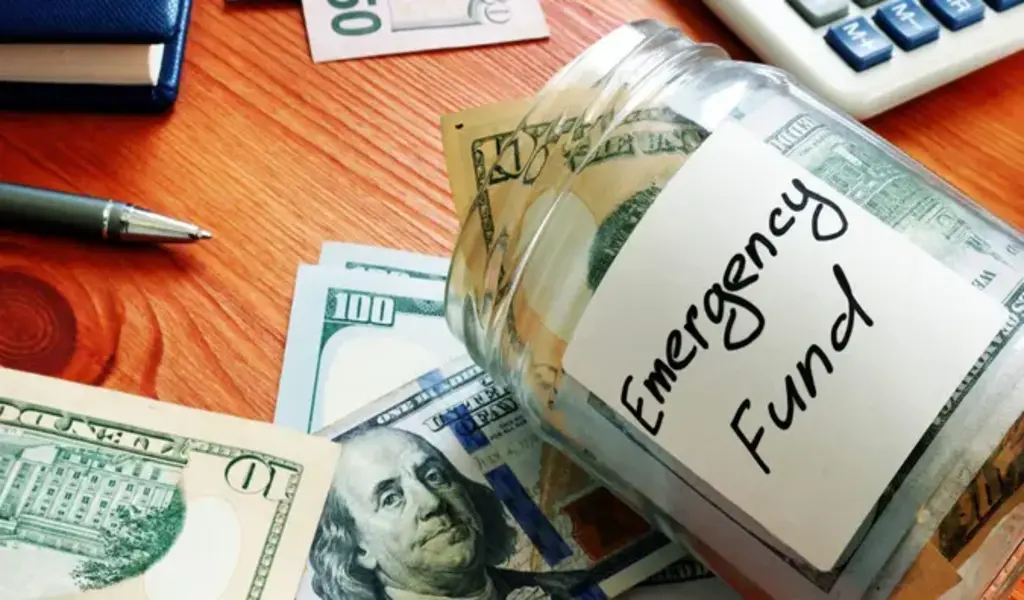Learning
How Big Should Your Emergency Fund Be?

In the ever-shifting landscape of personal finance, a beacon of wisdom often touted is the emergency fund. Just as sailors would set aside supplies for unforeseen storms, modern individuals stash away cash for unexpected financial tempests.
However, pinpointing the exact amount for such a buffer can be as elusive as predicting the wind. While many suggest holding three to six months’ worth of expenses, certain situations may call for up to a year’s reserve.
If you’re grappling with these numbers, let’s navigate this together. And for those finding themselves amidst financial turmoil before their funds have reached their goal, unsecured personal loans might be the lifeline you need.
A Map for Uncharted Waters: Determining Your Emergency Fund Size
The Weight of a Feather versus the Weight of a Rock:
Think of your monthly expenses as items with varying weights. A feather symbolizes expenses that aren’t crucial, such as a monthly streaming service subscription, while a rock signifies non-negotiables, like rent or mortgage payments.
If you’re a solo sailor on calm seas (a single individual with a stable job), perhaps three months’ worth of rocks (crucial expenses) might suffice. However, if you’re steering a large ship with many passengers (have dependents) or navigate stormy waters (have irregular income), you might want to consider saving for six months to a year.
Case Study – Lila’s Lighthouse:
Lila, an independent graphic designer, had unpredictable cash inflows. After her primary client suddenly ended their contract, she found herself in choppy waters. However, having saved nine months of essential expenses in her emergency fund, she had a lighthouse guiding her, allowing her time to find new clients without panicking or compromising on her rates.
Building Your Treasure Chest: Step-by-Step
Understanding Your Current Cargo:
Firstly, get an accurate picture of your monthly expenses. Categorize them into “feathers” and “rocks” to prioritize saving for the essentials first. Then determine how volatile your financial waters are. Are they serene or tumultuous? This will guide how many months of expenses you should aim to save.
Setting Sail with a Plan:
You don’t need to hoard your treasure all at once. Set realistic monthly saving goals. Consider automating transfers to your emergency fund to ensure you remain consistent.
Case Study – Oscar’s Odyssey:
Oscar, a school teacher, knew he wanted six months’ worth of expenses saved. By breaking this goal into smaller chunks and saving incrementally, within two years he amassed his desired emergency buffer. On the way, he experienced car troubles and a surprise medical bill, but his growing fund allowed him to weather these setbacks without straying from his financial course.
Alternative Lifelines: When the Storm Hits Early
Sometimes, despite our best efforts, financial squalls strike sooner than anticipated. When they do, and you haven’t amassed your full emergency cache, there are alternative lifelines available.
Unsecured Personal Loans:
Unlike secured loans that need collateral, unsecured personal loans are based primarily on the borrower’s creditworthiness. They can be a rapid solution in emergencies, offering a defined sum and a fixed repayment schedule. Remember, as with any loan, there’s interest involved, so it’s vital to understand the terms and ensure repayment capability.
Other Avenues:
Liquidating non-essential assets or seeking help from community assistance programs can also provide temporary relief.
In Conclusion: Steering Towards Financial Security
Navigating one’s financial journey can be both exhilarating and intimidating. An adequately sized emergency fund acts as your trusty compass, ensuring you remain on course even amidst unpredictability. By understanding your unique financial landscape, building your buffer gradually, and knowing available lifelines, you can sail with confidence towards a future of financial stability and peace.
SEE ALSO: Is Gold Still A Good Investment In 2023?: Shining Or Losing Its Luster?




























